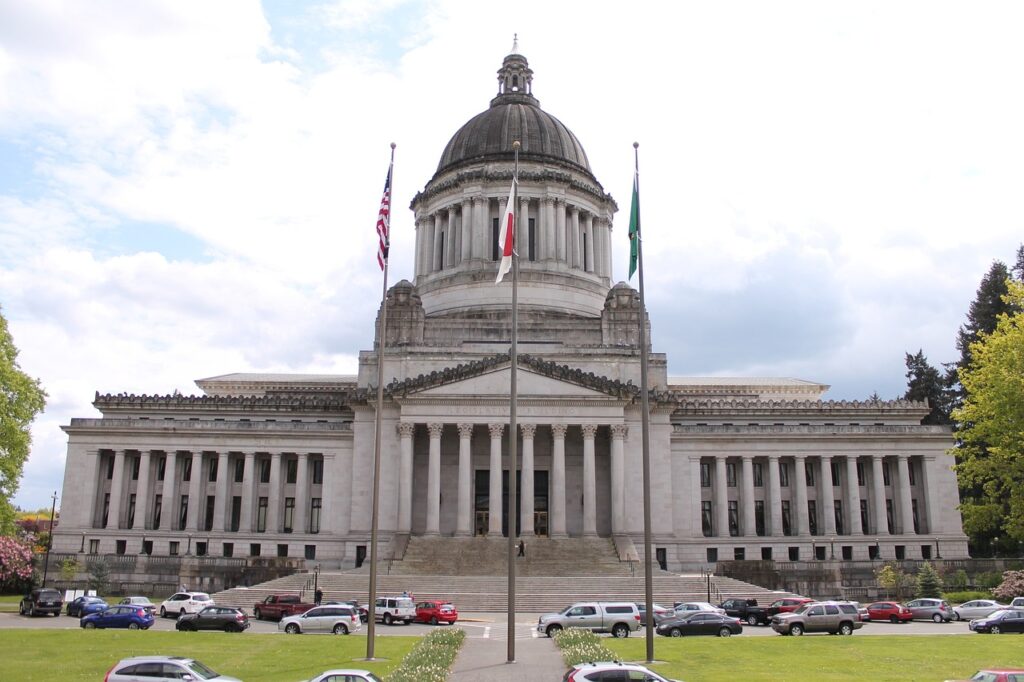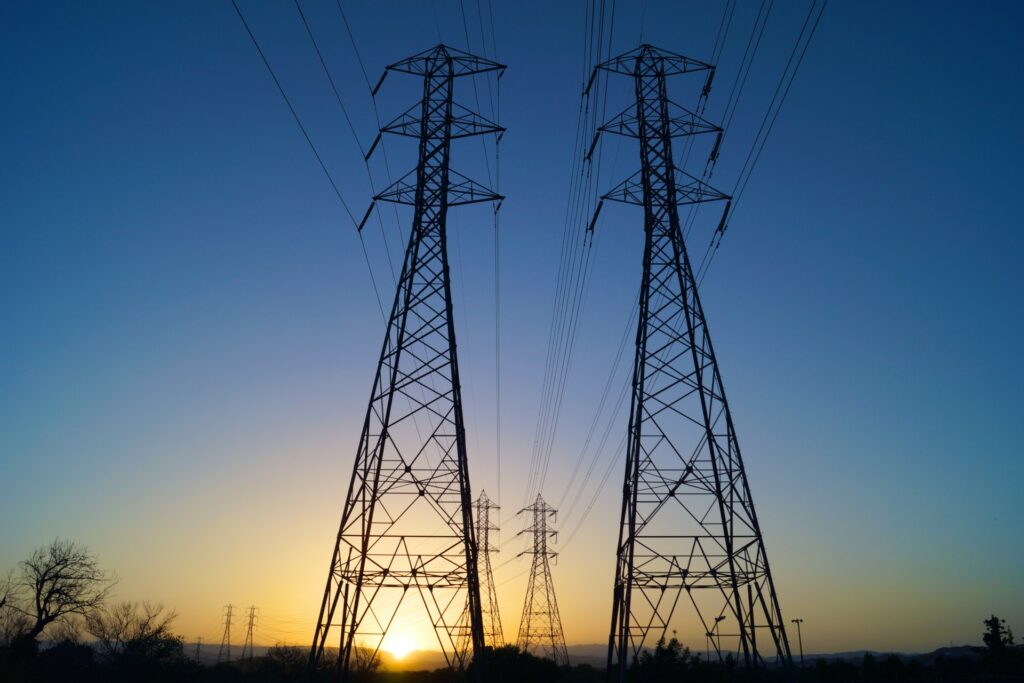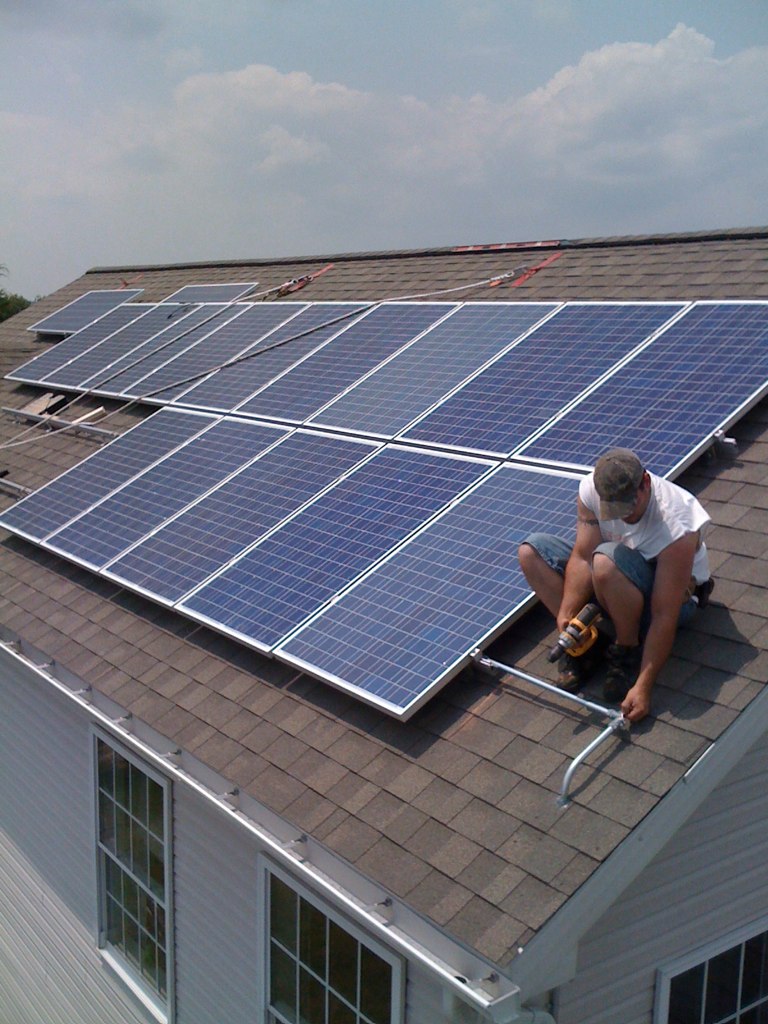2023 Washington Legislative Session Wrap Up
The 2023 Washington State Legislative session concluded on April 24 and there were several significant victories for clean, affordable, and equitable energy.
This year’s legislative session was a “long session,” during which the capital and operating budgets are passed. It was also the first year that revenue was available from the Climate Commitment Act (CCA) to fund climate projects, a significant milestone for a continuous funding source that will equitably lower emissions and improve health across the state.
This year, the NW Energy Coalition focused our advocacy on investments in clean buildings and transportation, legislation on transmission and renewable energy siting, and equity impacts. Below are some of the 2023 wins for Washington’s climate and clean energy future!

Clean energy siting
HB 1216 sponsored by Rep. Fitzgibbon
As we decarbonize, we will need to build a lot of clean energy projects across the state. This bill establishes an interagency clean energy siting coordinating council to improve siting and permitting of clean energy projects. It amends State Environmental Policy Act processes for clean energy projects, including limiting the amount of time to prepare an environmental impact statement to 24 months, and streamlining the process by authorizing a template for certain types of clean energy projects. It also directs the Washington State University Energy Program to conduct a siting process for pumped storage projects.
Transmission planning
SB 5165 sponsored by Sen. Nguyen
Nearly as important as building clean energy projects is the ability to transmit that new clean energy to consumers. This bill extends the planning horizon for transmission needs in utility integrated resource plans from 10 years to 20 years. It also requires electric utilities that operate transmission to consider opportunities to make more effective use of existing transmission capacity. Electric utilities cannot assume that every new clean energy project will need firm transmission, which would hurt the bottom-line of some projects that should be built. Electric utilities are encouraged to participate and contribute to statewide or multi-utility planning activities and through interstate transmission planning processes.
Preventing water and energy shutoffs during extreme heat
HB 1329 sponsored by Rep. Mena
As climate change creates more extreme weather, we must protect our most vulnerable citizens from its impacts. This bill prohibits water and energy utility disconnections on any day that the National Weather Service has issued or announced it will issue a heat-related alert, such as an excessive heat warning, a heat advisory, or an excessive heat watch. Utilities are required to reconnect previously disconnected customers during these high-heat events upon customer request. Proponents of this bill recognize that exceptional utility outreach will be necessary to ensure customers are aware of their right to reconnection during high-heat events. There is also recognition that this law offers needed customer protections to Washingtonians, similar to those already offered during extreme cold events. HB 1329 is effective July 23, 2023.
Fixing a loophole in the Clean Energy Transformation Act
HB 1416 sponsored by Rep. Doglio
This bill fixes a loophole in the Clean Energy Transformation Act (CETA), which passed the legislature in 2019. Under CETA, customers who purchase their own market power – rather than through an investor-owned utility – must comply with the CETA’s standards. This bill extends that provision to cover market customers of not only investor-owned utilities, but also market customers of consumer-owned utilities. This bill was requested by the Washington State Department of Commerce.

Capital budget
Weatherization & Energy Efficiency
- $83.2 million in federal authority from the Inflation Reduction Act (IRA) to implement the Home Efficiency Rebates program to provide rebates for whole-house energy savings.
- $35 million for weatherization and home health improvements to homes occupied by low-income households.
- $6 million for the Low-Income Rural Rehabilitation Grant Program to provide home rehabilitation services to low-income households in rural areas.
- $163 million, consisting of $80 million in CCA funding and $83 million in federal authority from the IRA, to implement the Home Electrification and Appliance Rebates (HEAR) Program to provide scaled rebates to low and moderate-income households, adult family homes, and small commercial businesses to purchase and install high-efficiency electric equipment.
- $5 million for the Community Energy Efficiency Program administered by the Washington State University Extension Energy Program.
Solar
- $50 million for energy retrofits and solar power for public buildings.
- $39 million for large scale solar innovation projects.
Operating budget
Bill Assistance
- $35 million from the climate commitment account for the Department of Commerce to administer grant funding through the existing network of federal low-income home energy assistance program grantees to provide low-income households with energy utility bill assistance.
Lower Snake River Dams Replacement Energy Study
- $2 million for the Department of Commerce to contract an analysis for new electricity generation, transmission, ancillary services, efficiency, and storage to offset the energy services currently provided by the lower Snake River dams.
Solar
- $74 million for grants to increase solar deployment and installation of battery storage in community buildings.
- $39 million to provide solar and battery storage community solar projects for public assistance organizations serving low-income communities.
Transportation Budget
- $120 million for a medium and heavy duty vehicle and charging program
- $6.3 million for a zero-emission drayage pilot at the NW Seaport Alliance
- Over $37 million for charging along priority corridors

More work to do
Unfortunately, several of our priority bills did not make it through the Legislature this year. We expect these issues to come up in future legislative sessions and will continue to advocate for strong policy in the interim.
Net metering
HB 1427 sponsored by Rep. Mena
Net metering allows customers to receive billing credit from their utility for excess clean energy generated by customer-owned rooftop solar, which stimulates the development of clean energy resources. This bill would have extended the current net metering (NEM) threshold from 4% of 1996 peak power to 6% and would have created a statewide workgroup to determine the future of NEM and alternatives to NEM. Additionally, this bill would have added consumer protections to solar customers and extended the NEM threshold deadline to 2035 to take advantage of the new Federal incentives for solar and storage that also stretch until 2035. While HB 1427 did not pass this session, NWEC plans to remain engaged on the next steps for the future of solar in Washington and hopes for collaborative statewide leadership in charting the path forward.
Gas utility planning for electrification
HB 1589 sponsored by Rep. Doglio
This bill would have applied to Puget Sound Energy (PSE), Washington’s largest gas and electric utility. HB 1589 would have created a thoughtful planning approach and regulatory tools to decarbonize PSE’s gas system, by investing in electrification, customer-side resources, and other clean energy resources while limiting impacts to low-income customers and ensuring benefits to overburdened communities. HB 1589 did not pass this session and NWEC looks forward to working with the bill sponsors and stakeholders in the interim to create a comprehensive gas decarbonization policy that protects customers and meets climate targets.

